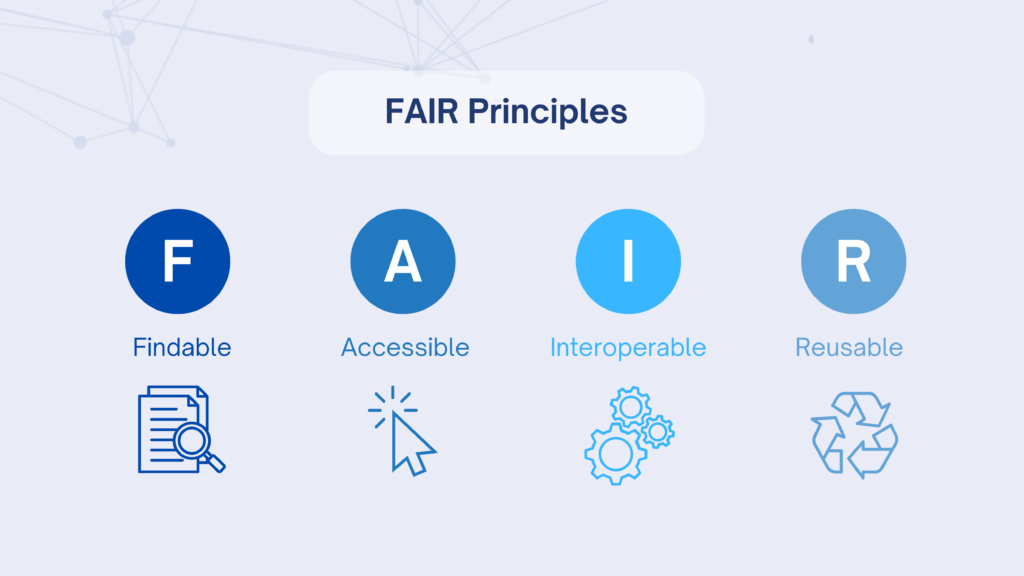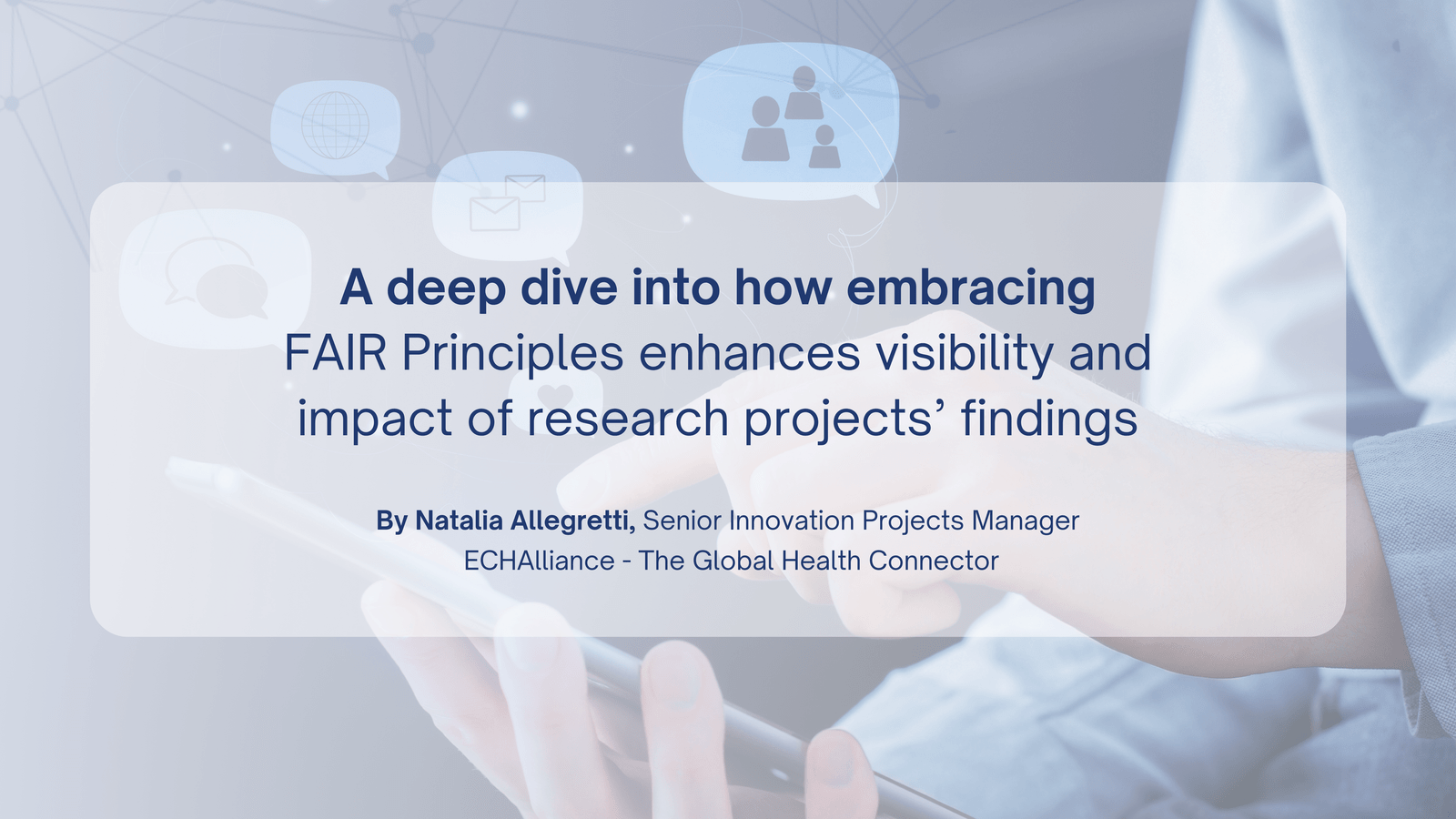The latest inclination of the European Commission in relation to research and innovation project’s results is inspired by an Open Science approach (the EU’s Open Science Policy).
Open Science encompasses a range of methods and principles aimed at gathering, organising, and sharing research in a transparent and open fashion. It is guided by universally acknowledged principles that promote collaboration, facilitate equal access to research outputs, enable the validation of research findings, and broaden the influence of research investments. Notably, the UNESCO Recommendation on Open Science, latest update on September 2023, highlights the importance of these ideals in shaping the landscape of transparent and collaborative scientific practices.
Currently, we are experiencing an era where, due to the convergence of several trends, the generation and utilisation of a massive volume of data have become a fundamental source of growth. In 2006, when Clive Humby declared that “data is the new oil,” he underscored that, much like oil, raw data isn’t inherently valuable. It requires refinement, processing, and transformation into something useful. When it comes to advancing scientific knowledge, data-driven innovation acquires significant value if data can be effectively curated, analysed, and interpreted.
In this context, the relevance of data lies in its ability to yield meaningful insights, identify patterns, and uncover correlations. The value of data-driven innovation becomes apparent when it can inform evidence-based decision-making, drive discoveries, and contribute to the development of novel solutions in various fields, including healthcare, technology, and environmental science. Furthermore, for scientific progress, data must be accessible, shared, and utilised collaboratively. The collaborative utilisation of data facilitates the replication of studies, validation of findings, and the exploration of interdisciplinary connections.
A decade following Mr. Humby’s statement, the development of the FAIR Data Principles took place, acknowledging that effective research data management throughout the entire research lifecycle is crucial for the success of Open Science.
Adhering to these guiding principles, researchers generate data that is Findable, Accessible, Interoperable, and Reusable (FAIR), with a crucial emphasis on respecting privacy and confidentiality, especially concerning health-related data. In this context, the European Health Data Space plays a pivotal role, precisely designed to strike a balance between the imperative for FAIR health data and the protection of patients’ rights.
Imagine a world where the findings of research projects are like hidden treasures waiting to be discovered. Implementing FAIR Principles is like putting a well-designed map with clear instructions on how to find and unlock these treasures. It’s about making sure that the journey of exploration is not only fruitful for the original researchers but also becomes a source of inspiration and guidance for those who follow, ultimately enriching the entire scientific landscape.
As emphasised during the recent 5th Digital Health Society Summit, adopting FAIR principles proves essential in converting isolated research discoveries into a shared asset. The focus is on ensuring that research influence extends beyond academic publications, resonating with a wider audience and actively contributing to the ongoing advancement of human knowledge.
FAIR is more than a mere set of principles; it serves as the guiding light for those exploring the vast landscape of discovery.

In my role as the dissemination and communication leader for ECHAlliance – The Global Health Connector in various EU projects, drawing upon my extensive background in this field, I firmly believe that the interplay between disseminating research findings and adhering to FAIR principles within EU-funded projects is profound. This connection establishes a unified framework that significantly enhances the effectiveness and impact of research endeavours.
Strategic planning for dissemination in EU-funded projects gains a significant boost when incorporating FAIR principles into the process, enhancing the likelihood that research outputs will have a lasting impact and be embraced by the broader community. By disseminating data in a FAIR manner, projects extend their reach and influence, nurturing a culture of transparency and collaboration that extends beyond the immediate project team.
In essence, the correlation between dissemination and FAIR principles is grounded in a shared objective: maximising the impact of research. Dissemination strategies that prioritise making research outputs findable, accessible, interoperable, and reusable align seamlessly with FAIR principles, collectively cultivating a more robust and impactful research ecosystem within EU-funded projects. This symbiotic relationship not only enhances the effectiveness of individual projects but also contributes to the advancement of knowledge on a broader scale.

